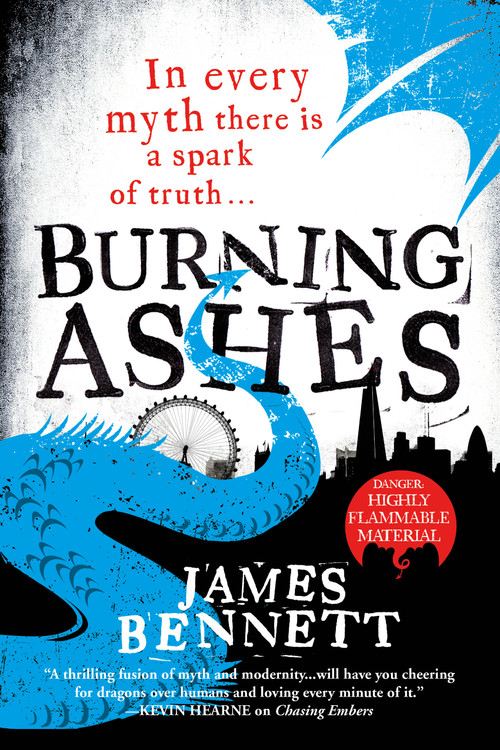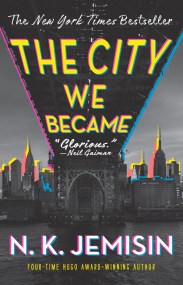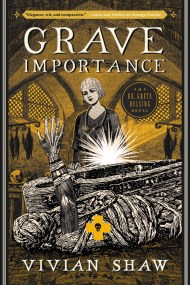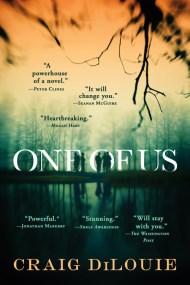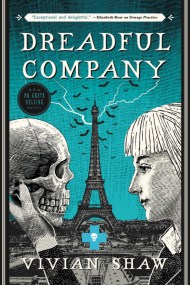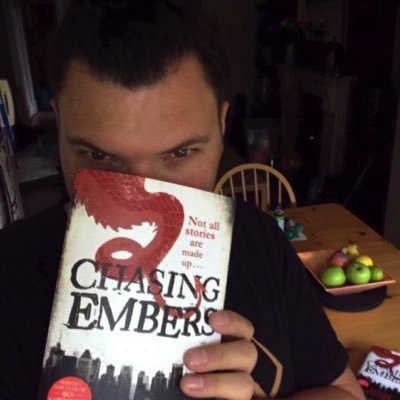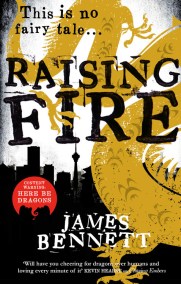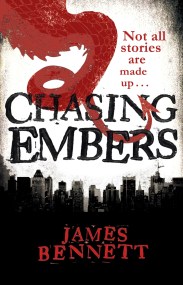Promotion
Use code MOM24 for 20% off site wide + free shipping over $45
Burning Ashes
Contributors
Formats and Prices
Price
$15.99Price
$20.99 CADFormat
Format:
- Trade Paperback $15.99 $20.99 CAD
- ebook $9.99 $12.99 CAD
This item is a preorder. Your payment method will be charged immediately, and the product is expected to ship on or around December 11, 2018. This date is subject to change due to shipping delays beyond our control.
Also available from:
The Lore is over. For Ben Garston, the fight is just beginning.
The uneasy truce between the human and the mythical world has shattered. Betrayed by his oldest friend, with a tragic death on his hands, there isn’t enough whiskey in England to wash away the taste of Ben’s guilt. But for a one-time guardian dragon, there’s no time to sit and sulk in the ruins.
Because the Long Sleep has come undone. Slowly but surely, Remnants are stirring under the earth, unleashing chaos and terror on an unsuspecting modern world. Worse still, the Fay are returning, travelling across the gulfs of the nether to bring a final reckoning to Remnants and humans alike.
A war is coming. A war to end all wars. And only Ben Garston stands in the way. . .
Genre:
- On Sale
- Dec 11, 2018
- Page Count
- 416 pages
- Publisher
- Orbit
- ISBN-13
- 9780316390750
Newsletter Signup
By clicking ‘Sign Up,’ I acknowledge that I have read and agree to Hachette Book Group’s Privacy Policy and Terms of Use

